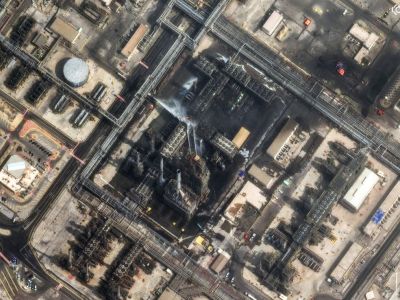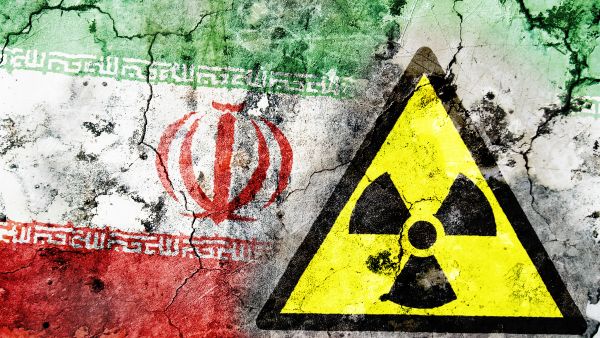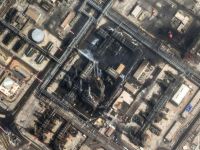ALBAWABA - Recent negotiations between Iran and the International Atomic Energy Agency (IAEA) have resulted in a partial resolution to disputes surrounding Iran's nuclear program.
Iranian news agencies have reported that an agreement has been reached between Iran and the agency, resolving one of the three contentious sites previously identified by the agency.
According to the IAEA, an open investigation into the presence of uranium particles at sites in Iran has been closed.#Iran | #NuclearIranhttps://t.co/g4xAxq9Kfh
— The Jerusalem Post (@Jerusalem_Post) May 30, 2023
The site, known as Abadeh and located in Iran's Kurdistan province, had been a subject of dispute. The IAEA had been accusing Iran of unauthorized uranium enrichment.
However, Iran has denied these allegations, asserting that the claims were based on unreliable information.
The IAEA had previously raised concerns about the level of enrichment, which was said to be approaching the threshold required for nuclear weapons production.
IAEA resolves nuclear issues with Iran relating to one of three sites being investigated over presence of uranium particles – Iranian media
— TRT World Now (@TRTWorldNow) May 30, 2023
Iran agrees to surveillance cameras at Natanz
Iran has demonstrated a willingness to enhance transparency by agreeing to the installation of surveillance cameras at the Natanz nuclear facility in Isfahan.
The ongoing Iran-IAEA negotiations have begun to surface since Director-General Rafael Grossi made a visit Tehran in March.
The discussions have revolved around establishing a roadmap to resolve the remaining disputes and build mutual trust.
Disputes persist over remaining sites
On the other hand, disagreements persist over two remaining disputed sites, where the atomic energy agency has raised concerns about potential nuclear activities.
IAEA accuses Iran of lack of transparency
It is noteworthy that Iran-IAEA relation has been marked by a number of disputes regarding Iran's nuclear program.
These conflicts have revolved around issues such as transparency, compliance with international agreements, and the scope of Iran's nuclear activities.
One major source of contention between Iran and the IAEA was Iran's failure to fully disclose its nuclear activities and provide necessary access to inspectors.
The agency has repeatedly called for increased transparency, requesting access to certain sites, documentation, and individuals involved in Iran's nuclear program.
Iran has been repeatedly accused of conducting activities inconsistent with its NPT obligations.
These accusations have eroded trust and heightened concerns about Iran's intentions.









